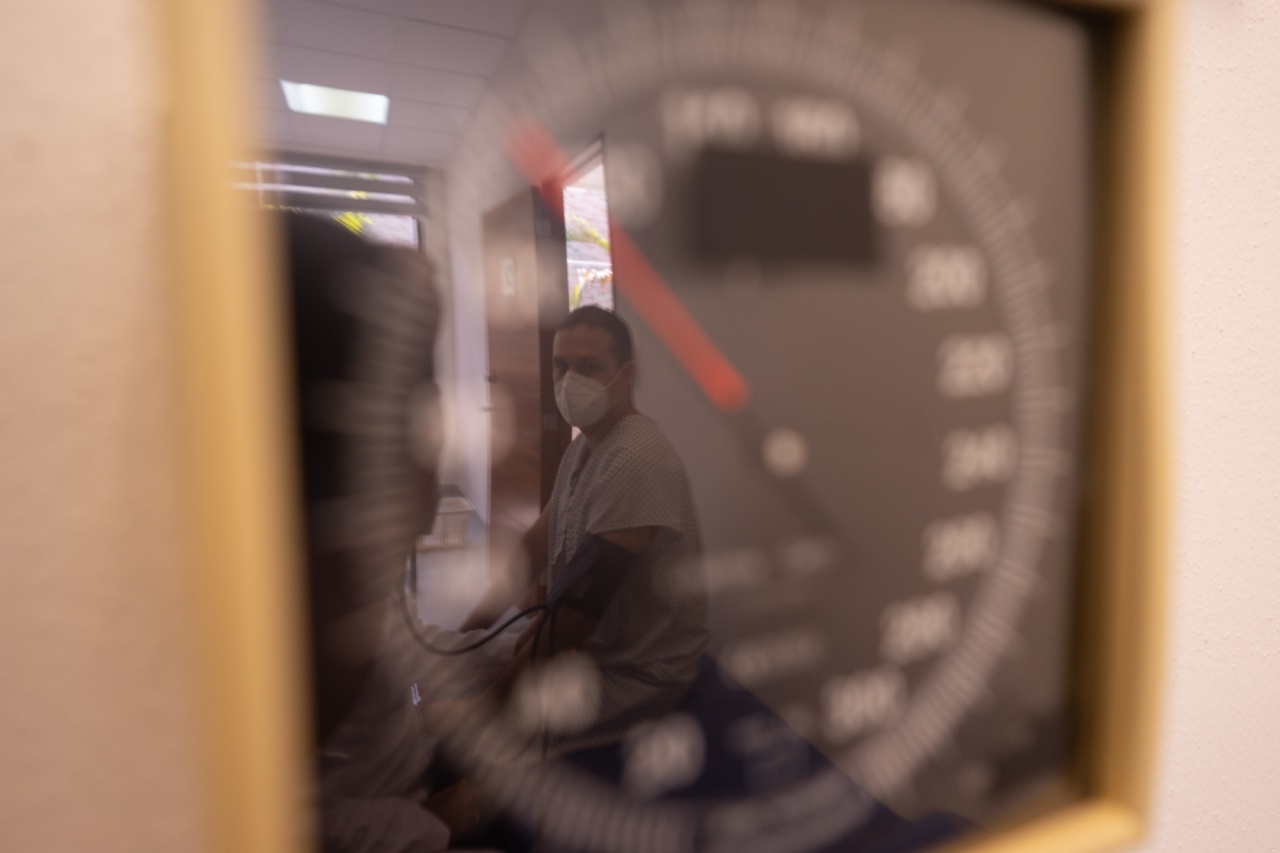Sleep is an essential component of a healthy lifestyle, and it plays a crucial role in maintaining overall well-being. Apart from promoting mental and physical rejuvenation, sufficient sleep also impacts various aspects of cardiovascular health.
Hypertension, or high blood pressure, is a prevalent condition that affects millions of people worldwide and is a significant risk factor for cardiovascular diseases. This article will explore the relationship between sleep and hypertension, as well as provide several techniques to prevent and manage hypertension through adequate sleep.
The Link between Sleep and Hypertension
Research has consistently demonstrated a strong connection between sleep duration and quality with blood pressure levels. Evidence suggests that chronically inadequate sleep or poor sleep quality can contribute to the development of hypertension.
Sleep Deprivation and Hypertension
Sleep deprivation, which refers to regularly getting less sleep than what is required for optimal functioning, is associated with an increased risk of hypertension.
When individuals consistently fail to get enough sleep, the body’s stress response system becomes activated, leading to elevated blood pressure levels. Moreover, sleep deprivation can disrupt the body’s hormonal balance, impair blood vessel function, and increase inflammation levels, all of which can contribute to the development of hypertension.
Sleep Disorders and Hypertension
Several sleep disorders, such as sleep apnea, insomnia, and restless legs syndrome, have been linked to hypertension. Sleep apnea, a common disorder characterized by pauses in breathing during sleep, is particularly associated with hypertension.
Individuals with sleep apnea often experience repeated interruptions in their sleep, leading to oxygen deprivation and increased blood pressure levels. Proper diagnosis and management of sleep disorders are crucial in preventing the development or progression of hypertension.
The Role of Circadian Rhythm
The body’s internal clock, also known as the circadian rhythm, regulates various physiological processes, including blood pressure regulation.
Disruptions in the circadian rhythm, such as shift work or irregular sleep schedules, can negatively impact blood pressure control and increase the risk of hypertension. Establishing a consistent sleep routine and promoting healthy sleep habits can help maintain a well-functioning circadian rhythm, thereby reducing the risk of hypertension.
Techniques for Promoting Healthy Sleep
Fortunately, several techniques can be employed to improve sleep quality and duration, thus reducing the risk of hypertension:.
1. Stick to a Consistent Sleep Schedule
Go to bed and wake up at the same time every day, even on weekends. This helps regulate your body’s internal clock and promotes a healthy sleep-wake cycle.
2. Create a Sleep-Friendly Environment
Ensure your sleep environment is conducive to quality sleep. Keep your bedroom cool, quiet, and dark. Use comfortable pillows and a supportive mattress to enhance comfort and reduce disruptions.
3. Limit Exposure to Electronic Devices
Avoid using electronic devices, such as smartphones, tablets, or laptops, close to bedtime. The blue light emitted by these devices can disrupt sleep patterns and reduce the quality of sleep.
4. Engage in Regular Physical Activity
Engaging in regular physical activity during the day can promote better sleep at night. However, try to avoid vigorous exercise close to bedtime, as it may interfere with sleep.
5. Practice Relaxation Techniques
Incorporating relaxation techniques, such as deep breathing exercises, meditation, or yoga, into your daily routine can help calm the mind and promote a more relaxed state conducive to sleep.
6. Limit Stimulants
Avoid consuming stimulants like caffeine and nicotine close to bedtime, as they can interfere with the ability to fall asleep and the quality of sleep obtained.
7. Develop a Nighttime Routine
Establishing a consistent nighttime routine signals to your body that it’s time to wind down and prepare for sleep. This can include activities such as reading a book, taking a warm bath, or practicing gentle stretching exercises.
8. Create a Comfortable Sleeping Environment
Invest in comfortable bedding, including pillows and mattresses that suit your preferences. Additionally, consider using white noise machines or earplugs to block out disruptive sounds that may interfere with sleep.
9. Manage Stress
Stress can significantly impact sleep quality and contribute to hypertension. Incorporate stress management techniques into your daily routine, such as mindfulness meditation, engaging in hobbies, or seeking support from loved ones.
10. Seek Professional Help if Necessary
If you consistently experience difficulties with sleep or suspect an underlying sleep disorder, it is essential to seek medical advice.
A healthcare professional can help diagnose and manage any sleep disorders, thus reducing the risk of developing hypertension.
Conclusion
Prioritizing sleep is crucial for maintaining optimal cardiovascular health and preventing hypertension.
By implementing these techniques for promoting healthy sleep, individuals can significantly reduce their risk of developing hypertension and its associated complications. Adequate sleep duration, coupled with good sleep quality, is a powerful ally in the pursuit of a healthier heart and overall well-being.





























